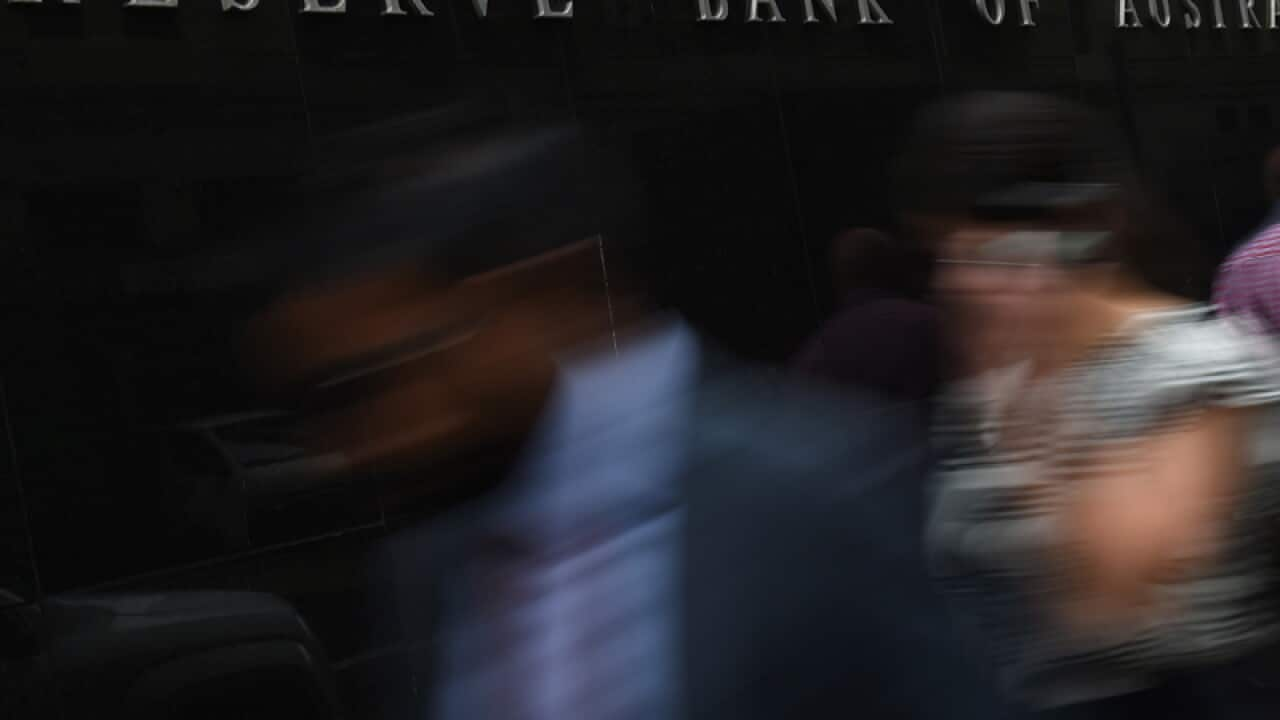The Reserve Bank is in a hawkish mindset going into the new year with the chances of another interest rate cut begining to fade, economists say.
The Reserve Bank of Australia (RBA) board left interest rates on hold at an all-time low of 1.5 per cent earlier this month, noting that rates had been cut by 3.25 percentage points since the current easing cycle began in 2011.
"Over recent years the Board had sought to balance the benefits of lower interest rates in supporting growth and achieving the inflation target with the potential risks to household balance sheets," the official minutes, of the December meeting, released on Tuesday, said.
"Members recognised that this balance would need to be kept under review."
JP Morgan chief economist Sally Auld said the RBA's wording was "intriguing" as it was unclear whether the central bank would continue to watch the balance between inflation and financial stability or it would reassess the trade-off with an emphasis on financial stability.
She said the latter interpretation would favour the view that RBA governor Philip Lowe was more hawkish than his predecessor Glenn Stevens.
"Perhaps it is a signal that a low inflation print in January will not force the RBA's hand, although this seems a little hard to accept given the prospect of growth in the low twos (two per cent range) for the next three quarters," Ms Auld said.
Commonwealth Bank senior economist Gareth Aird said Dr Lowe's comments in November that cutting rates was unlikely to be in the public interest matched the sentiment expressed in the minutes.
"He reminded us today that the cash rate had been lowered in aggregate by 3.25 percentage points over this easing cycle," Mr Aird said in a note.
"The risks over the next year continue to lie with a cut. And the market is pricing in a small (10 per cent) chance that policy is eased again. But the house view is that those risks don't materialise and we have policy on hold at 1.5 per cent over 2017."
The central bank also warned of significant adverse impacts on the global economy if US president-elect Donald Trump enacted policies to restrict global trade once in the White House in January.
"A range of estimates suggested that the plans for fiscal policy could provide a boost to economic activity over the next few years and place some upward pressure on inflation," the minutes, released on Tuesday, said.
"Working in the other direction, however, if policies were enacted to restrict trade, there could be significant adverse effects on the economic outlook in the United States and beyond."
Share

